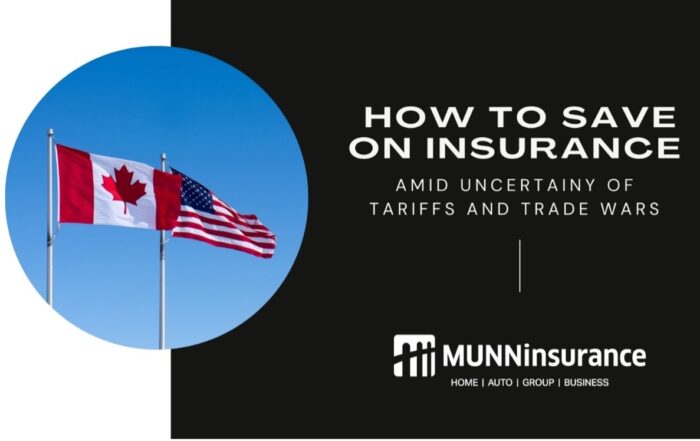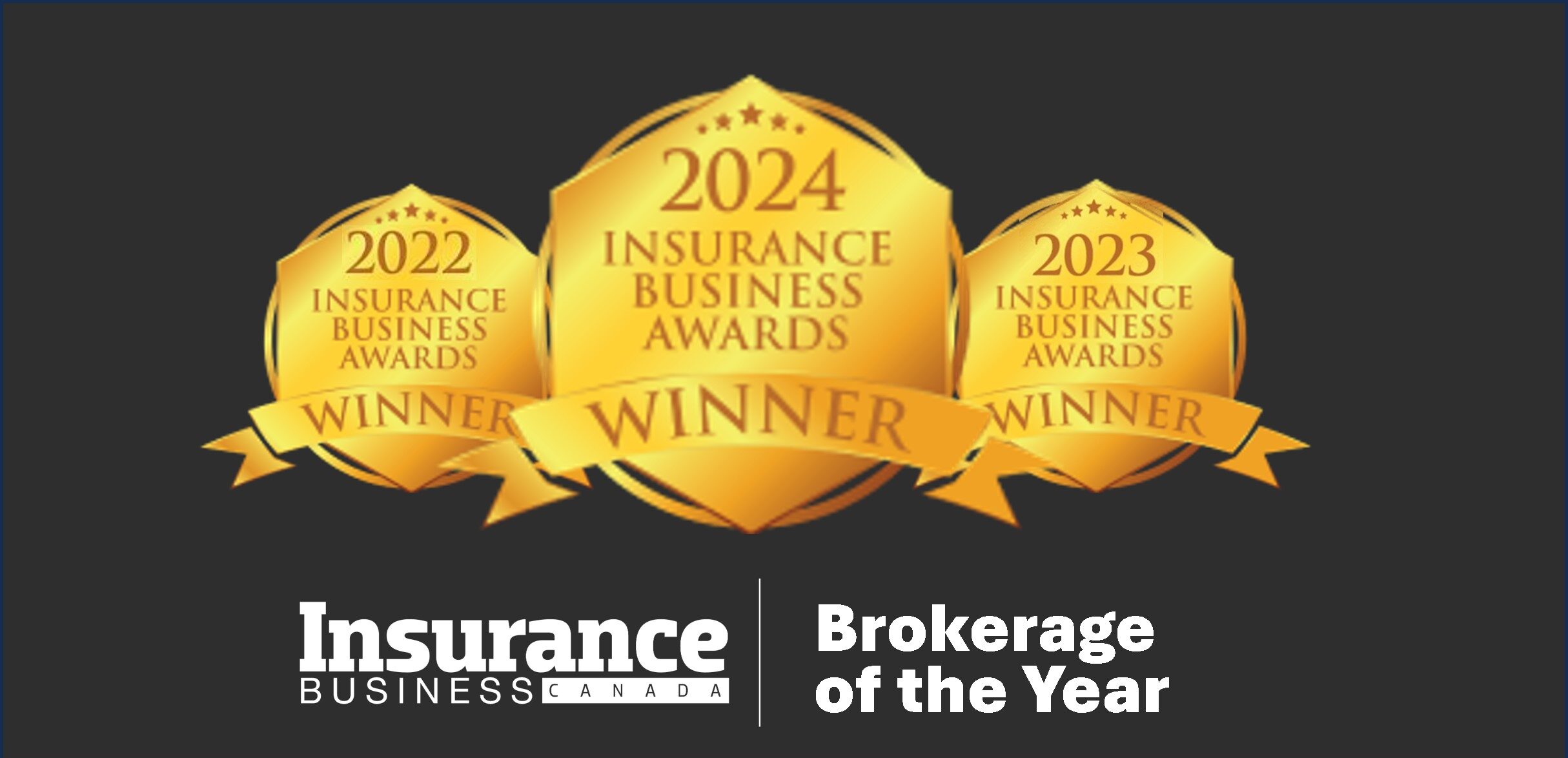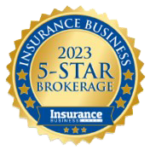Decoding Small Business Insurance: Replacement Cost vs. Actual Cash Value
Small business owners often face crucial decisions when selecting insurance coverage, and understanding the difference between replacement cost and actual cash value is vital. Let’s explore these terms and how they impact your insurance policy.
Replacement Cost: Replacement cost refers to the amount needed to replace or repair damaged property with new, similar items at current market prices. This coverage provides comprehensive protection, as it accounts for the full cost of replacement without factoring in depreciation.
For small businesses, choosing replacement cost coverage ensures that damaged or lost assets can be replaced with equivalent items, helping maintain operations without a significant financial burden.
Actual Cash Value (ACV): Actual Cash Value, on the other hand, considers depreciation when determining the value of damaged or lost property. It is calculated by subtracting the depreciation from the replacement cost. Depreciation takes into account the wear and tear of an asset over time, reducing its value.
In the context of small business insurance, opting for Actual Cash Value coverage may result in receiving a lower payout in the event of a claim. While it is a cost-effective choice for premiums, businesses may find themselves financially strained when replacing assets due to the deduction for depreciation.
How It Works:
Consider a scenario where a business’s equipment is damaged in a covered incident. With replacement cost coverage, the insurance payout would cover the full cost of purchasing new equipment of similar kind and quality. However, with Actual Cash Value coverage, the payout would be adjusted for the depreciated value of the damaged equipment.
When making a choice between replacement cost and actual cash value, small business owners should carefully evaluate their budget, the nature of their assets, and the potential financial impact of depreciation on the value of those assets.
In conclusion, understanding the distinction between replacement cost and actual cash value is pivotal for small business owners when crafting an insurance policy. The decision between the two depends on factors such as budget considerations, asset value, and the desire for comprehensive coverage without factoring in depreciation.
We have extensive experience insuring all types of businesses, from small one person operations to much more complex enterprises. We can help make sure you get the right coverage at the best price. If you have any questions, call the insurance experts at Munn Insurance at 1-855-726-8627. We’d be happy to help.
Related News
Recent News
How to Save on Insurance Amid Uncertainty of Tariffs and Trade Wars
In today’s global economy, trade wars and tariffs are a hot topic, and their potential impacts reach beyond just the cost of goods like cars, appliances, and steel. If tensions between countries like Canada and [...]
Get the Best Auto Insurance Quote in Nova Scotia: A Step by Step Guide
When it comes to auto insurance, everyone wants to ensure they’re getting the right coverage at the best price. Whether you're a first-time car owner or a seasoned driver in Nova Scotia, the process of [...]
Unlock Big Savings with Group Insurance Discounts
At Munn Insurance, we know that everyone loves saving money—especially when it comes to home and auto insurance. Did you know that you may qualify for exclusive discounts just by being part of certain groups [...]












